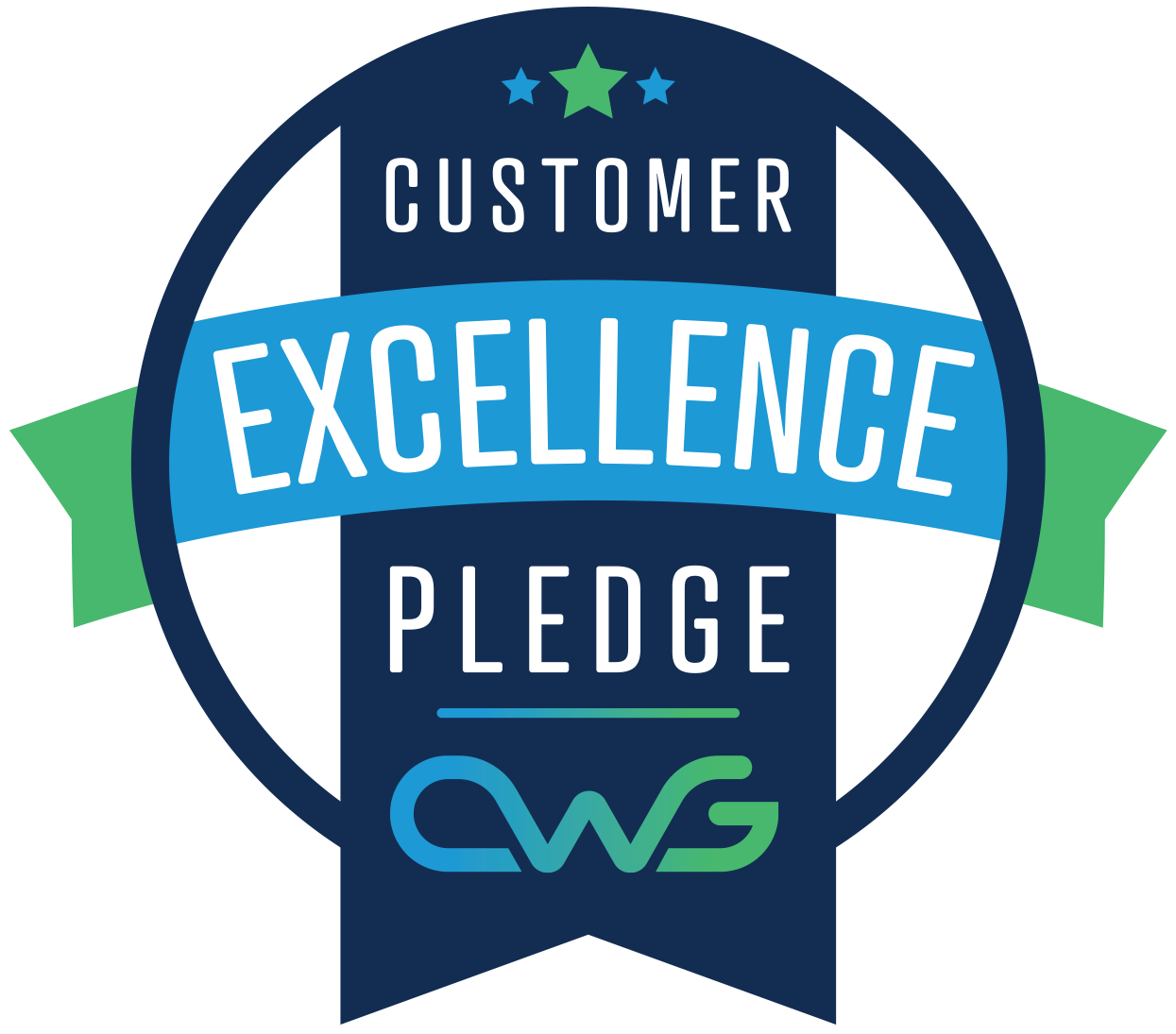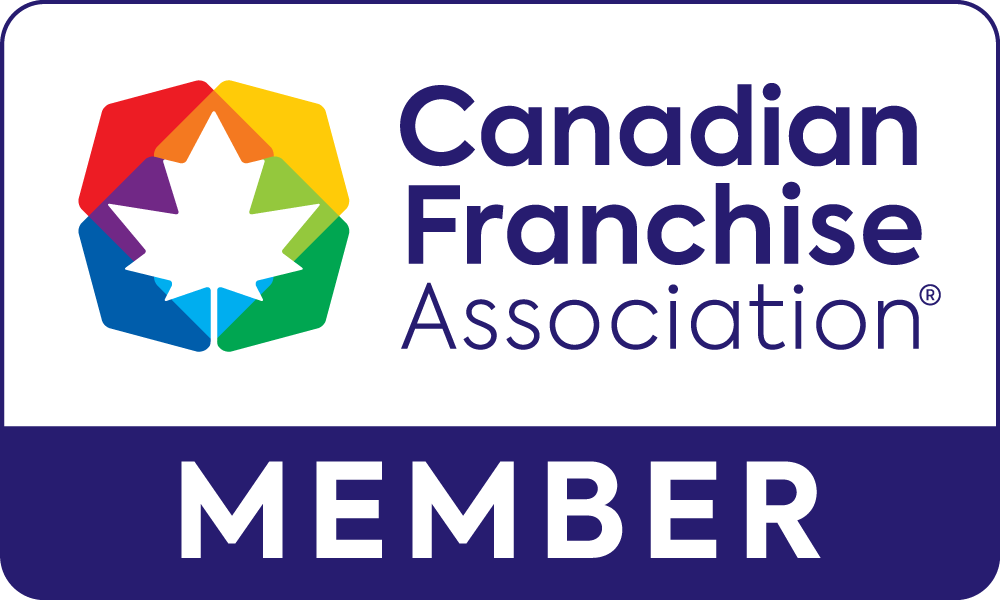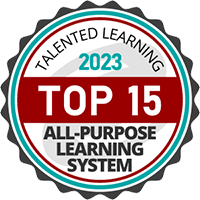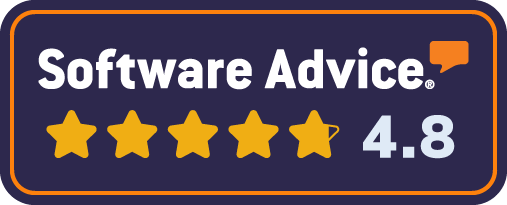Ensure your learning system success with LMS administration

You’ve invested in an LMS in order to streamline, automate and improve your organization’s training operations. Fantastic.
As the owner of your learning system, your LMS administrator’s job is to ensure that you actually achieve those results.
The importance of your LMS administration
LMS administrators are responsible for ensuring your organization’s LMS is configured correctly, is kept up-to-date and is easy to manage as possible. They are usually tasked with creating and managing user profiles, designing and organizing training content, tracking employee progress, and troubleshooting technical issues that may arise.
They also play a key role in evaluating training effectiveness by analyzing data on employee performance and training completion rates and identifying areas where training may need improvement or adjustment.
Overall, your LMS administrator can differentiate between a failed LMS that no one uses and a successful LMS at the heart of your knowledge management.
What are the skills and experience required to be an effective LMS administrator?
Sometimes, and especially for smaller companies, an existing employee with administrative or technical skills will be tasked to be your LMS administrator. Often, this new responsibility is an addition to their regular role.
Whereas larger companies, will often have a dedicated LMS administrator, hired or trained specifically for that role.
In any case, there are key skills that will help them be successful, including:
- Strong general administrative skills and proficiency with spreadsheets and other common office software.
- Basic understanding of instructional design principles in order to effectively create and organize training content within the LMS system.
- Strong communication skills to build relationships with other departments and stakeholders within the organization, and able to communicate both successes and failures.
- Ability to analyze data and metrics related to employee training and performance in order to evaluate the effectiveness of the LMS and make improvements as needed.
- Ability to troubleshoot technical issues or make adjustments to training content in response to feedback or changing organizational needs, so strong problem-solving skills are essential.

In addition, specific experience with the LMS platform being used by the organization is often important.
Many LMS vendors offer training and certification programs for their systems, and having experience and credentials in the specific LMS platform can be helpful for ensuring that the admin is able to manage the system and its features effectively.
Looking to hire a skilled and experienced LMS administrator to help you improve your organization's knowledge management?
Let us help you!What does your LMS administration entail?
The specific duties of an LMS administrator can vary depending on the size of your company, but here is a general list of their technical and administrative duties.
SMB-sized companies
- Installation, configuration, and maintenance of the LMS system
- Uploading and managing content such as course materials, quizzes, and assessments
- Customizing the LMS interface and branding to align with the company's visual identity
- Troubleshooting technical issues related to the LMS system
- Creating and generating reports to track employee progress and engagement
- Providing technical support to end-users and other LMS administrators
- Managing and updating user accounts, such as creating new accounts, assigning roles, and resetting passwords
- Monitoring and responding to user feedback and inquiries related to the LMS system
- Coordinating with department managers to ensure compliance with training requirements and deadlines
- Facilitating and conducting employee onboarding, training, and continuing education programs
- Managing and reconciling the LMS budget
Enterprise-sized companies
- Coordinating with the IT department to install, configure and maintain the LMS system
- Integrating the LMS system with other enterprise software applications such as HRIS, CRMs, and ERPs
- Managing complex user permissions and security protocols across multiple departments, regions, or subsidiaries
- Designing and implementing a disaster recovery plan and data backup strategy
- Configuring and managing API integration with other systems such as video conferencing tools, gamification, or social learning platforms
- Evaluating and recommending new LMS technologies that meet the organization's evolving needs
- Creating and managing complex organizational hierarchies, such as departments, job roles, locations, and subsidiaries
- Coordinating with HR and compliance teams to ensure regulatory compliance, such as OSHA, HIPAA, or GDPR
- Analyzing and optimizing training effectiveness, such as tracking learner engagement, performance, and retention
- Developing and implementing user adoption strategies, such as gamification, social learning, or peer-based learning
- Coordinating and managing vendor relationships, such as LMS providers, content providers, and third-party integrators.
Some of the day-to-day challenges LMS admins face as they execute their duties include:
- Technical issues with the LMS system, such as updates, maintenance, and troubleshooting to prevent lost productivity and frustrated users.
- Triaging feedback from learners about course content concerns or questions.
- Ensuring that all content is organized and relevant for the learners. Its easy for things to become messy or disorganized over time if not managed properly.
Whether your organization is an SMB or enterprise, our LMS administration services help you overcome your training challenges.
Find out more!What challenges do companies face in hiring, training, and retaining LMS administrators?
The success of your company’s training program depends to a large extent on the abilities of your LMS administrators to ensure that the right people are taking the right training and that your system is producing both the results and the reports on how it is helping you achieve your training objectives.
Here are some reasons why companies may face challenges in hiring, training, and retaining LMS administrators.
For SMB-sized companies
- SMBs may have limited financial resources, making adding another full-time employee to the team difficult. This leads to LMS administration being one-of-many responsibilities of an already fully-scheduled team.
- SMBs may not be able to afford expensive software licenses for best-in-class course-building software.
- With smaller teams, SMBs may struggle to find the time and resources to train and develop LMS administrators, leaving them to learn on the job or with limited support. This may include training on more advanced course authoring tools.
- With smaller organizations, LMS administrators may have limited opportunities to advance their careers or take on new challenges, which could result in them leaving for larger organizations.
- SMBs may face a limited pool of qualified candidates in their local area, making it difficult to hire skilled LMS administrators. Skilled LMS administrators may ask for a higher salary, again considering your budget.
For Enterprise businesses
- With larger budgets and resources, Enterprise businesses may face stiff competition from other organizations looking to hire skilled LMS administrators.
- With larger organizations come more complex LMS systems and larger user bases, making it more challenging to find LMS administrators with the right skills and experience to manage these systems.
- As technology continues to evolve, LMS administrators need to keep up-to-date with the latest trends and tools, which can be a challenge for some organizations.
- Larger organizations may offer more career development opportunities for LMS administrators, but if those opportunities are not made clear or accessible, they may leave for other organizations. Ongoing training on new software technologies and best practices is essential for LMS admins to excel in their roles over time.
How are LMS administrators trained?
There are several options for training LMS administrators, depending on their experience level and the organization's specific LMS platform. Sometimes, change management or crisis management can thrust someone into the role of LMS administrator with little or no training.
Here are some possible options for LMS administrator training:
- Many LMS vendors offer training and certification programs for their systems. This can include online courses, webinars, and in-person training sessions. These programs often cover topics such as system setup, content creation, user management, and reporting and analytics. This is often covered during their LMS onboarding or Implementation phase.
- LMS administrators can also learn on the job, particularly if they have previous experience in related roles such as instructional design, IT, or system administration. Mentoring from experienced LMS administrators can also be helpful for building skills and knowledge. One pitfall of legacy coaching is that old habits, out-of-date processes, and misinformation can be unwittingly passed on to the new hire if the current LMS team is not fully current with the updated features, functionality, and benefits of their LMS platform.
- Many LMS vendors have a robust help system and produce blog posts and articles to help keep their LMS administrator up to date with changes to the platform. A good LMS administrator will be committed to the concept of continual training upgrades through sources like these.
- There are a variety of self-paced online courses available that can help LMS administrators build skills and knowledge. These courses may cover topics such as LMS administration, instructional design, and eLearning technology and are available through content libraries like Udemy and LinkedIn Learning.
- Several professional associations offer training and resources for LMS administrators. Examples include the eLearning Guild, the Association for Talent Development (ATD), and the International Society for Technology in Education (ISTE).
- Attending conferences and events related to eLearning and LMS administration can provide valuable networking opportunities and access to training sessions and workshops.
Don’t face the challenge of hiring, training, and retaining LMS administrators alone – see how we can assist you as a fractional service provider.
Find out more!Should I hire a contractor for my LMS administration?
There are three compelling reasons that might make you consider hiring someone on a contract term to be your LMS administrator.
- You don’t have a person already on your team that fits the requirements of the role.
- You do have a person on your team who is qualified and interested, but they are already at capacity with the work that they have. Depending on the size of your organization, administering your LMS may be too large to be an extra task for an existing employee to take on or do well. And larger organizations may need more than one LMS administrator to handle the amount of work needed to deliver training across regions, branches, or brands.
- You need to fill a sudden gap for the short term because of a staffing change, vacation time, parental leave, etc. You may just need someone to get you through a rough patch of change management, expansion, or merger, who can then train your team on best practices so they can step up when the short-term engagement ends.
What does it cost to hire a contractor LMS administrator?
Depending on volume, an experienced LMS administrator typically costs you $75–$125 per hour.
The amount of time you need likely will vary throughout the year, so you should look for a contract that provides a block of hours you can use anytime during the year.
If you identify with any of the compelling reasons as to “why you should hire an LMS administrator,” talk to us about how we can help!
How can Neovation help with your LMS administration?
At Neovation, we have a dedicated Managed Services team that can step in to help you solve your LMS administration challenges. You can engage us to fit your needs – for a month, a quarter, a year, or as an ongoing partnership that resolves your challenge and ensures your training program is running smoothly.




As a fractional member of your team, your Neovation Managed Services Expert will provide you with a skilled set of hands and expert knowledge in your learning system.
Here are some of the ways we can help you.
- As coaches who can guide you through a training initiative, leveraging the system’s strengths while sharing our pro tips.
- As short or long-term replacement of a missing team member due to illness, parental leave, vacation time, secondment to another department, or termination/resignation.
- As a supportive team member to help your existing admin team handle an overflow of work due to mergers, acquisitions, rapid growth, or other circumstances.
- As training data entry specialists.
Let our team do the heavy lifting with projects like
- Learning plan creation, roll-out, maintenance, and reporting
- Monthly targeted enrollments and reporting
- Entering historical training data
- Managing external certification or document uploads to ensure compliance
- Creating and finalizing ILT sessions
- Creating and managing knowledge bases
- Creating online quizzes from existing documented quizzes
- Creating online courses using branded course templates by transferring PPTX files to editable slides
- Consulting on group structure, learning plan layout, and the use of teams within your LMS
- Custom reporting, including manipulating reports outside of your LMS
- Quarterly report on learner usage and engagement
- Revamping your learner dashboards as needed
- And more, depending on what you need
Our managed services team can work with any learning system. We can either provide full LMS administration, or we can augment your existing team.
As expert learning system administrators, we can provide you with exactly the right fit of customized services you need.
We’re here to help.
Request your free LMS administration services quote
Fill out this form, and we’ll get back to you in 3 business hours to introduce you to your personally selected Learning Advisor with experience in your industry, who will book a meeting with you to discuss what an LMS administration project may look like for your organization.
There is no obligation – we want to discover what your needs are for LMS administration services, so we can help ensure your learning system success.
We process your information according to our privacy policy. By submitting the form, you authorize us to communicate with you.





See what our clients say

The Admin Services team demonstrates to me that, even if I am one of thousands of clients, I’m getting a very personal experience, as if I was the only client. I don’t think that I can say that I have had a similar experience with other providers. It’s really top-notch!
Cal Rolle
Sunwing Travel Group




-svg.svg)
-svg.svg)
-svg.svg)
-svg.svg)